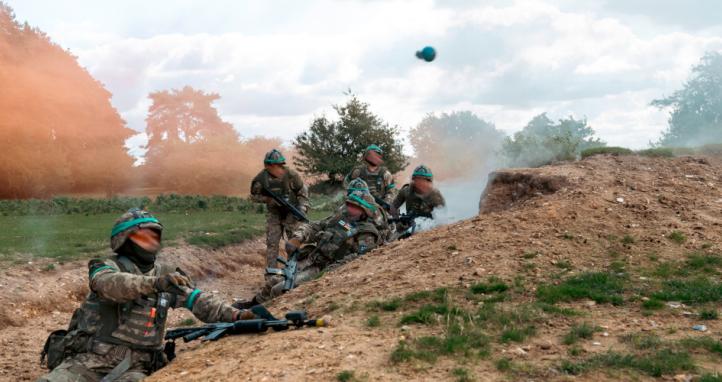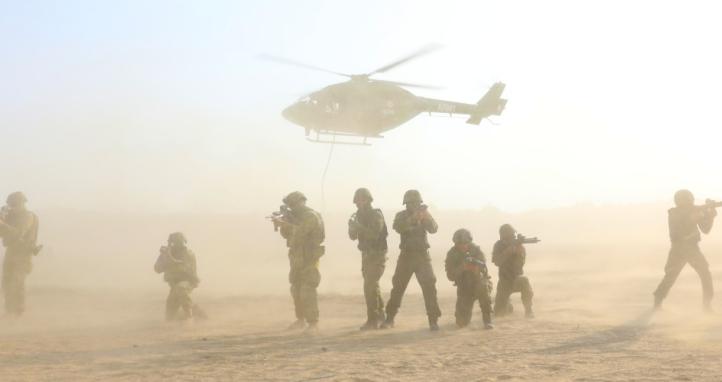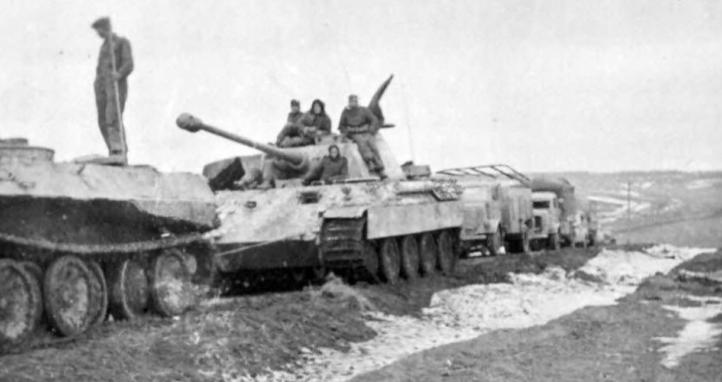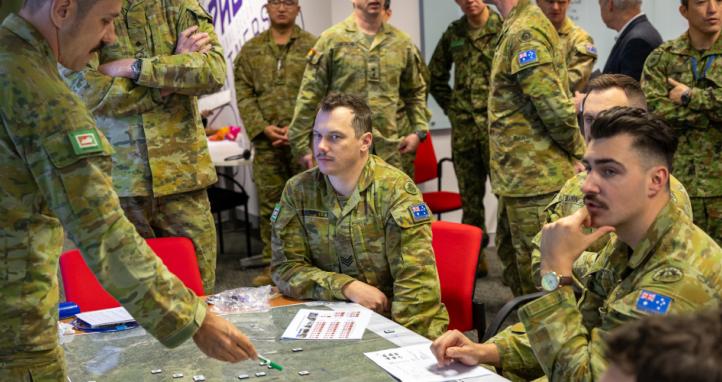Introduction
As we sit in the interwar years following the wrap-up of our larger-scale operations in the Middle East, we ask ourselves: how long until the next ‘big one’? Further to that, we ask whether the next big one may in fact be ‘THE big one’? The clock is ticking; we must be ready for the moment it strikes midnight. However, will we truly be ready when the need arises?
The Ticking Clock
The doomsday clock represents the imminent danger of humanity destroying itself through reckless application of technology. Midnight signifies the metaphorical end of civilisation. The clock was created in 1947, when nuclear annihilation became a very real threat during escalating tensions between the United States and the Soviet Union. Currently set at 90 seconds to midnight, the clock was recently moved forward by ten seconds, largely due to the war in Ukraine. So if we currently sit at 90 seconds to midnight, are we ready for the end?
Military relevance
The most likely outcome for us reaching midnight is for a large-scale military conflict to ensue, involving many different states in an asymmetric and complex large-scale combat operation, most likely involving nuclear arms or nuclear threat. This could present itself as World War III. We live in a deeply complex age of geopolitics with many different pots simmering and at risk of reaching boiling point in the near future. Just recently, the Israel-Hamas conflict has shown how easy it is for a long-standing pot to boil over. The Russia-Ukraine war represents the same warning.
While we sit comfortably inside the inter-war years hoping there won’t be another major war, we understand that history shows this will not be the case. Many geopolitical commentators have stated in recent years that it is less about if, and more about when the next major global war begins.
If this is the case, the question we should all be asking ourselves is - If you knew the date of the next war, would you be doing more to prepare for it?
Will you be ready in time?
The pre-deployment training will be short, and the reorganisation of forces rapid. We will not have time to prepare ourselves for the next war once it has arrived. It will be about survival and sovereignty. History shows that reorganisation and redistribution of land, resources, and people happens after every major conflict. For us to survive a conflict like this we will need to be better equipped, better trained, better organised, and most importantly, better educated in the art of war than we ever have been before. We need to learn from our history. We need to be passionate about our profession. We need to be focused on our purpose of executing military operations in synchronisation across all arms of the military. Right now we should be preparing like that moment is just a few months away. Because in reality, it possibly is.
What we are doing and what we need to do
The obvious preparations for the next war are already underway. Government strategy has aligned the Australian military with what it sees as its greatest threats. Strategic guidance has been given, organisations are being restructured, and new organisations are being raised. Capability has been called out as more than just people, vehicles, and equipment. Joint, coalition exercises and training have also become larger and more complex than ever before.
Formations continue to plan and execute training designed to generate capabilities that can be provided as short-notice contingency response options to Government. More than ever before there is a push to have more capability ready more of the time across the military and whole of government. Units continue to conduct readiness checks on their people and equipment to ensure they can go when directed to do so.
But the question we should all be asking is despite having capabilities ‘ready’ for deployment, are we actually ready for the next war? Have we learnt enough from our history? Do we know enough about our next war? Are we smarter than our next enemy? Have we developed our professional mastery enough to survive and thrive in the next war? Have we learnt enough to fight the next war? Because learning late will cost lives. It may in fact cost us our sovereignty and our freedom.
Professionalising our Profession
We have grown distant from our profession, the profession of arms. This profession is one that requires personal sacrifice and dedication. A life spent learning how to execute warfare based on learning our history, developing our tactics, and looking into the future. We owe it to ourselves, our ancestors of the past, and our ancestors yet to come behind us to do our very best in preparing for the future.
Now is the time to conduct a check on your professional mastery. Have you learnt enough to be smarter than your enemy? Have you learnt how to fight the next war yet? What do you need to improve your knowledge on to be able to generate the best effect at your maximum capability for the next war? If you are not approaching every learning and experiential opportunity with this in mind you are wasting your time in the profession of arms. Lack of individual effort on this front could have significant and far-reaching consequences beyond yourself.
Conclusion
The clock is ticking and the time to prepare is now. We all have an individual responsibility to develop our professional mastery and contribute to the profession of arms. Start now and don’t stop. We all need to prepare like the future of our nation depends on it. As if it is a matter of life and death. Because it is.










War will accelerate climate change and we will not survive the overheating of the planet so game over.
"Off topic", the success of the Falkland Islands campaign was somewhat due to the local farmers taking up arms and giving valuable information of enemy strengths and locations. To me, this shows resilience and a huge sense of pride for people who wanted to protect their homes and land, I believe Australians would have the same resilience and pride to protect theirs.